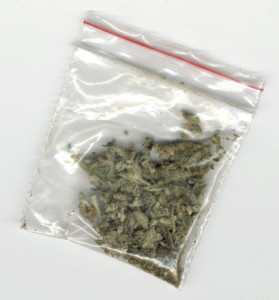In a recent decision issued by the SJC – Commonwealth v. Horne – the Court precluded “negative profiling” testimony. Specifically the Court held that it was improper to elicit testimony regarding the appearance of drug users, in conjunction with the argument that the defendant did not look like an addict and therefore must be a drug dealer.
The background was as follows. The automobile that the defendant was driving was stopped for a traffic violation. “The officer who conducted the stop … determined that the defendant’s driver’s license had been suspended.” When that officer, joined by another, attempted to arrest the defendant, he “forcefully resisted.” Eventually, the efforts of five officers were required in order to subdue the defendant and place him under arrest. “Thereafter, the arresting officers found nearby a clear plastic bag containing twenty-six individually wrapped ‘rocks’ of crack cocaine, totaling 3.87 grams. The defendant apparently had kept the bag in his boot, which came off during the melee.” An inventory search of the defendant’s vehicle revealed three cellular telephones, eighty-three dollars in cash, and a gun, but no drug paraphernalia. At the defendant’s trial, the Commonwealth’s expert, in addition to testifying about the packaging and valuation of illegal drugs and common practices of drug users and dealers, stated that the majority of crack addicts are “‘somewhat unkempt, very thin, physical appearances seem to be deteriorating, sometimes they’ll have rotted teeth or worn down teeth from constantly grinding their teeth based on the addiction.’” The prosecutor emphasized this testimony in his closing argument, stating “‘How do you know [the defendant] possessed [the crack cocaine] with the intent to distribute it, does he look like a drug addict?…. [C]rack cocaine addicts are skinny, they are thin, they have rotted teeth, they are drawn out. [The defendant is] a big man, he’s a big muscular man…. [The police officers] needed assistance to [subdue] him. He is not a drug addict; he possessed it with the intent to distribute it.’” “On appeal, the defendant argue[d] that it was error to allow [the expert] to testify as to the typical physical characteristics of crack cocaine addicts, maintaining that such testimony was inadmissible negative profiling evidence.” Continue reading →
 Massachusetts Criminal Lawyer Blog
Massachusetts Criminal Lawyer Blog











